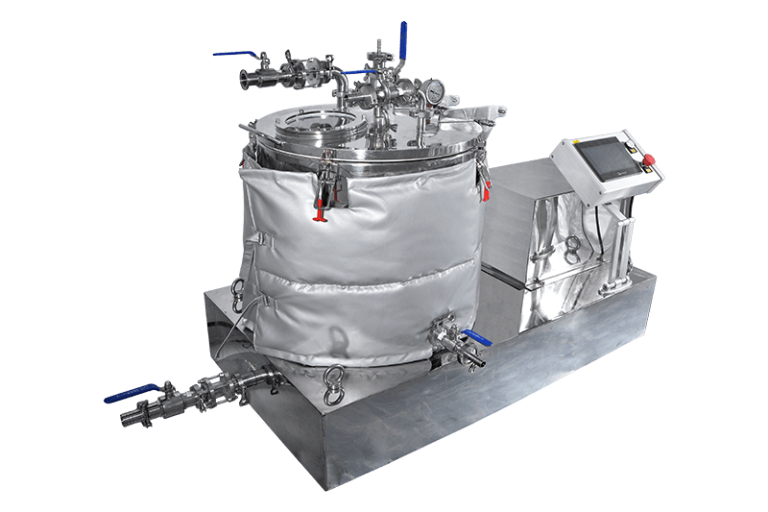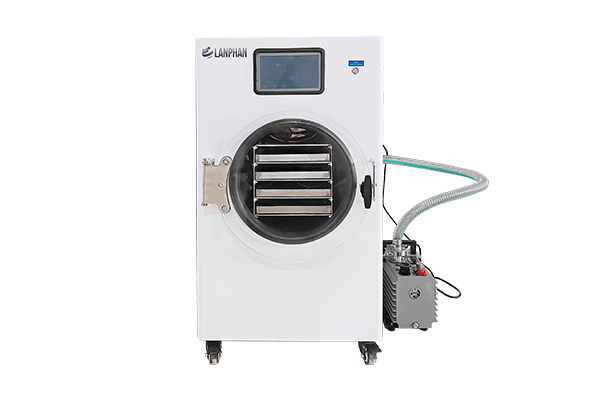What is an Autoclave Used For? The Essential Guide
Have you ever wondered what an autoclave is and why it’s so important in various industries? You might have heard the term, but the specifics can be quite puzzling. Let’s dive into what an autoclave is used for and why it’s crucial.
Understanding the Autoclave
So, what is an autoclave used for? Simply put, an autoclave is a high-pressure device that uses steam to sterilize equipment and materials. It’s like a super-powered pressure cooker but designed for industrial and medical uses.
Why is Sterilization Important?
Sterilization is crucial because it removes all forms of microbial life, including bacteria, viruses, and spores. In medical settings, it’s essential for preventing infections. In laboratories, it ensures that experiments aren’t contaminated.
How Does an Autoclave Work?
An autoclave operates by heating water in a sealed container to create steam. This steam is then used to achieve a high temperature that kills microorganisms. The pressure helps to maintain this high temperature for a set period. This process is more effective than just using hot water or chemicals alone.
Common Uses of Autoclaves
1. Medical Field
In hospitals and clinics, autoclaves are used to sterilize surgical instruments, syringes, and other equipment. This prevents the spread of infections and ensures patient safety.
2. Laboratories
Researchers use autoclaves to sterilize lab tools, glassware, and even some liquids. This avoids contamination in experiments, which can lead to inaccurate results.
3. Dental Practices
Dentists use autoclaves to sterilize tools such as drills and scalers. This is essential to maintain hygiene and prevent the transmission of diseases.
4. Industrial Applications
Autoclaves are used in manufacturing processes to cure materials. For example, in the production of composite materials, an autoclave helps to achieve the strength and durability needed for the final product.
5. Tattoo and Piercing Studios
For tattoo and piercing professionals, autoclaves are a must-have to ensure all needles and equipment are sterile, reducing the risk of infection.
Benefits of Using an Autoclave
Autoclaves offer several benefits:
- Reliability: They effectively kill all types of microorganisms.
- Safety: Using an autoclave reduces the risk of infections.
- Versatility: They can be used for a wide range of items and materials.
Types of Autoclaves
There are different types of autoclaves, each suited for specific needs:
- Gravity Displacement Autoclaves: These are the most common type, using gravity to push air out and steam in.
- Prevacuum Autoclaves: They use a vacuum pump to remove air before the steam is introduced.
- Steam Sterilizers: These are designed for specific applications, like large-scale industrial use.
Maintenance of Autoclaves
Maintaining an autoclave is crucial for its performance and longevity. Regular cleaning and checking the seals and pressure gauges are essential. Routine maintenance ensures the autoclave operates efficiently and continues to provide effective sterilization.
Choosing the Right Autoclave
When selecting an autoclave, consider the following:
- Size and Capacity: Match the size to your needs, whether for a small clinic or a large lab.
- Features: Look for features like digital controls or programmable cycles.
- Budget: Autoclaves come in various price ranges, so choose one that fits your budget while meeting your needs.
Challenges and Considerations
Using an autoclave comes with its own set of challenges. It’s important to understand how to operate it correctly to avoid accidents or ineffective sterilization. Always follow the manufacturer’s guidelines.
Autoclaves in the Future
With technology advancing, autoclaves are becoming more sophisticated. Newer models feature enhanced safety features and energy-efficient designs.
Conclusion
Now that you know what an autoclave is used for, you can appreciate its importance in many fields. Whether in medicine, research, or manufacturing, autoclaves play a vital role in ensuring safety and quality.
Want to Learn More?
Curious about how autoclaves have evolved over the years or their role in cutting-edge technology? Stay tuned for more insights into this fascinating topic and discover how autoclaves continue to shape our world!



